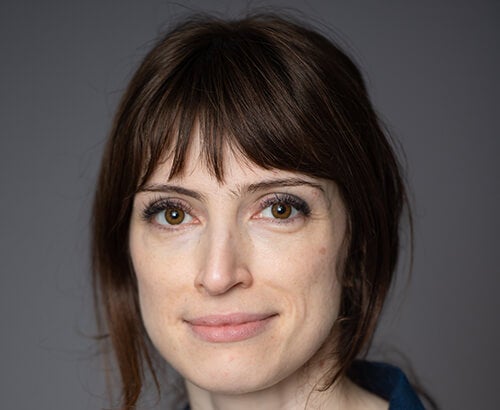The CytoViva enhanced darkfield optical microscope has an integrated hyperspectral imaging system. This technology is specifically capable of optical and hyperspectral imaging of label-free nanoscale sample elements in label-free biological or materials-based matrices. The requested microscope will support the research and teaching needs of faculties at Marshall in biomedical and mechanical science and engineering.
“The cutting-edge microscope will significantly advance the academic careers, research and education of students in biomedical engineering, chemistry, pharmacy, cell biology and environmental sciences,” Nosoudi said. “Biomedical engineering and mechanical engineering courses will benefit from demonstrations of the CytoViva microscope system in laboratory sections, and students will benefit from the acquisition of the modern CytoViva system through the development of new pedagogic material for lecture and laboratory courses taught by the proposal investigators.
“We are so appreciative of the support of the NSF. This will help develop the future nano- workforce and will meet employment demands in West Virginia, which has a large biotechnology industry. The instrument will assist in ongoing efforts at Marshall to involve underrepresented students in nanoscience-related research projects under strong faculty mentoring.”
Assisting with this research are Dr. Michael Norton, professor of chemistry; Dr. Nadja Spitzer, associate professor of biological sciences; Dr. Mehdi Esmaeilpour, assistant professor of mechanical engineering; Dr. Sungmin Youn, assistant professor of civil engineering; and Dr. Xia Hua, assistant professor of mechanical engineering.
For more information about engineering at Marshall University, visit www.marshall.edu/cecs.

